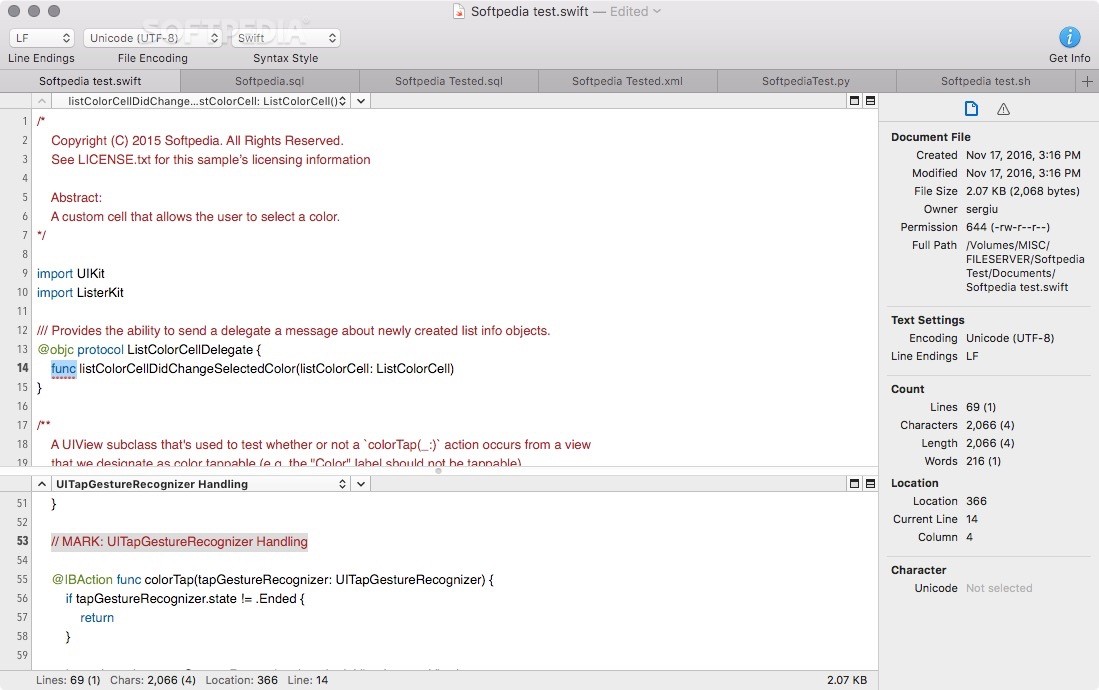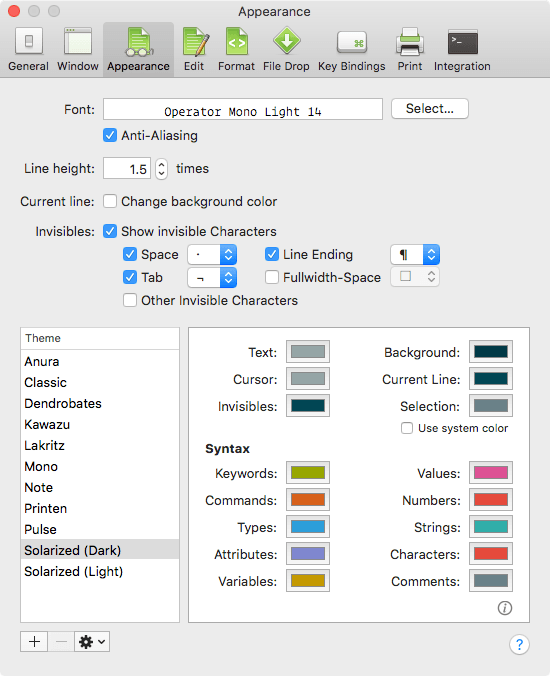

And there isn't a single one of those that are constrained by the specification. This particular environment specification ends up installing well over 300 packages. This solves fine ( ), but is indeed a complex solve mainly due to: # parser_t_defaults(func="subcommandfour")

# parser_t_defaults(func="subcommandthree") # parser_logout = subparsers.add_parser("subcommandfour") # parser_whoami = subparsers.add_parser("subcommandthree") Parser_login = subparsers.add_parser("subcommandtwo") Parser_transfer.add_argument("-optionalargument", default="mydefault") Parser_transfer.add_argument("argument1", type=str) Parser_transfer = subparsers.add_parser("subcommandone") Prog="hubmap-clt", description="Name of cli", usage=help_text Help_text = "cli usage: foobar\n morebar" # p = Path(_file_).with_name("help_text.txt") # Parse the arguments and call appropriate functions # Assign subparsers to their respective functions Parser_logout = subparsers.add_parser('subcommandfour') Parser_whoami = subparsers.add_parser('subcommandthree') Parser_login = subparsers.add_parser('subcommandtwo') Parser_transfer.add_argument('-optionalargument', default='mydefault')

Parser_transfer.add_argument('argument1', type=str) Parser_transfer = subparsers.add_parser('subcommandone') Parser = argparse.ArgumentParser(prog='hubmap-clt', description='Name of cli', usage=help_text) P = Path(_file_).with_name("help_text.txt") Here is the main function of the script (I can verify that this problem occurs only in the main function where argparse is used, not the other functions that the main function calls):
#COTEDITOR RUN IN CHROME HOW TO#
I don't know how to make heads or tales about this.

Lastly, when I use a different subcommand that has no arguments and give it an argument (one too many) it spits out everything completely correctly without even the extra couple lines at the end. Right above the second time it prints, it prints the default usage line for that subcommand. When I call the one subcommand that has a required positional argument and I don't include that argument. When I call the main command and then type -help, the exact same thing happens as above. Also because the word usage appears in my text file, it says "usage: usage" When I call the main function with no subcommands and no arguments, my help_text from the text file outputs, and then like 2-3 additional lines of boiler plate I can't seem to get rid of. Lastly, I have set up a base case to display the help text whenever no subcommands are given. Before I reworked the help text, I had help text for each individual subcommand by using "help=" but now those are all blank. Only one of those subparsers has any additional arguments (one positional, one optional). Then I create subparsers (4 of them and then a base case) to create subcommands. I read in my help text file, set it to a string help_text, and then set "usage=help_text" on the parser. Here is the basics of how my program is broken down:
#COTEDITOR RUN IN CHROME FULL#
But my boss isn't satisfied with the default help text, so he is having me write up the full usage/help text in a text file and just display the entire file.įor some reason, in a certain case, its outputting the text twice. Originally I had tried to leverage argparse's built in help text behavior. I created a command line interface with argparse.
#COTEDITOR RUN IN CHROME CODE#
Artistic Style.sh 選択範囲のC, C++, C#, Javaのソースを整形します. Format the C, C++, C# and Java code in the selection (requires chmod 755) Rewrite the script if "astyle" is not located in "/usr/local/bin/".Īfter an hour googling, I can't find anybody who has had anything resembling this issue besides myself. Predefined entity reference.py 選択範囲の実体参照を置換します. Replace the special characters in the selection (requires chmod 755). Open (ctrl + command + t) ファイルの場所でターミナルを開きます. Open Terminal at the file location. Open (ctrl + command + o) ファイルの場所でファインダーを開きます. Open Finder at the file location. Put them in the ScriptMenu folder ~/Library/Application Support/CotEditor/ScriptMenu/.


 0 kommentar(er)
0 kommentar(er)
